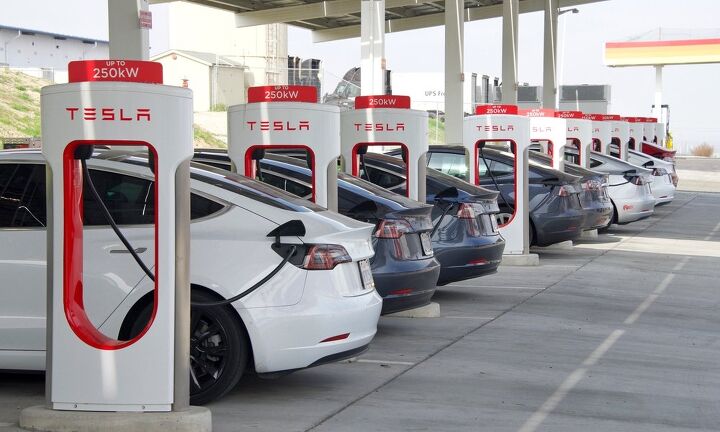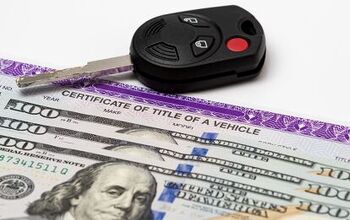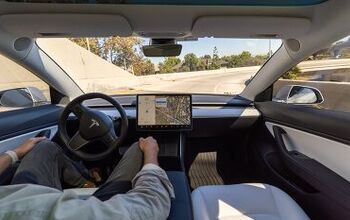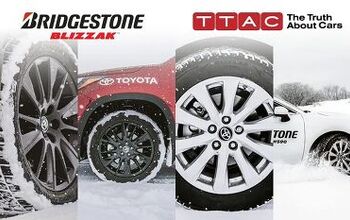Understanding the Role of NACS in the Future of EV Charging
The North American Charging Standard (NACS) has played a central role in electric vehicle (EV) charging since 2012. Initially developed by Tesla, NACS is known for its dual capability of supporting both Alternating Current (AC) and Direct Current (DC) charging via a compact plug design. This versatility enables the system to deliver up to 1 megawatt (MW) of power for DC charging, catering effectively to the needs of EVs.
Tesla's influence in the EV market in North America has contributed to NACS becoming the predominant charging standard. This is largely attributed to its widespread use in Tesla vehicles and the extensive network of Tesla charging stations throughout the United States.
Standardization and Compatibility Efforts
In July 2023, the Society of Automotive Engineers (SAE International) embarked on an initiative to standardize NACS as SAE J3400. This effort focuses on codifying elements such as plug connections, charging speeds, reliability, and cybersecurity. The move towards standardization is pivotal for achieving uniformity across EV charging systems.
Other existing standards in the EV charging domain include the J1772 for Level 1 and Level 2 AC charging, and the Combined Charging Standard (CCS) for DC fast charging. Notably, the CHAdeMO standard is still used for certain models like the Nissan Leaf, despite being gradually phased out.
Wider Adoption Among EV Manufacturers
Tesla's strategy to open up NACS to other companies has led to its acceptance by several leading EV manufacturers. Prominent automakers such as Ford, General Motors, Rivian, Volvo, Polestar, and Mercedes-Benz have plans to integrate NACS charge ports in their EV models beginning in 2025. This transition also entails providing adapters for existing EV models to access Tesla's Supercharger network.
While some manufacturers are in the process of evaluating NACS for potential adoption, others have not yet disclosed their plans regarding this standard.
Implications for Public EV Charging Networks
Although NACS is gaining traction, the CCS standard remains crucial in public EV charging networks, especially given the requirements for federal infrastructure funding. As a result, the U.S. EV charging landscape is expected to accommodate both NACS and CCS standards concurrently for the foreseeable future.
Network operators like EVgo are adapting by adding NACS connectors to their stations, ensuring compatibility across different standards. Moreover, EV manufacturers that are adopting NACS are facilitating access to Tesla's Supercharger network through both in-vehicle support and adapters.
Enhancing EV Adoption and Charging Infrastructure
The wider acceptance of NACS, together with Tesla's integration of CCS support, is set to substantially expand the EV charging infrastructure. This development is crucial in addressing concerns such as range anxiety and could potentially hasten consumer adoption of electric vehicles.
Conclusion
The integration of NACS by various manufacturers, along with its simultaneous existence with the CCS standard, indicates a significant transformation in the EV charging landscape. Despite the challenges in ensuring interoperability between different standards, the overarching advantage is the increased availability and user-friendliness of EV charging infrastructure. This evolution is instrumental in creating a more inclusive and accessible electric vehicle ecosystem.
This article was co-written using AI and was then heavily edited and optimized by our editorial team
More by TTAC Staff
Latest Car Reviews
Read moreLatest Product Reviews
Read moreRecent Comments
- Theflyersfan Nissan could have the best auto lineup of any carmaker (they don't), but until they improve one major issue, the best cars out there won't matter. That is the dealership experience. Year after year in multiple customer service surveys from groups like JD Power and CR, Nissan frequency scrapes the bottom. Personally, I really like the never seen new Z, but after having several truly awful Nissan dealer experiences, my shadow will never darken a Nissan showroom. I'm painting with broad strokes here, but maybe it is so ingrained in their culture to try to take advantage of people who might not be savvy enough in the buying experience that they by default treat everyone like idiots and saps. All of this has to be frustrating to Nissan HQ as they are improving their lineup but their dealers drag them down.
- SPPPP I am actually a pretty big Alfa fan ... and that is why I hate this car.
- SCE to AUX They're spending billions on this venture, so I hope so.Investing during a lull in the EV market seems like a smart move - "buy low, sell high" and all that.Key for Honda will be achieving high efficiency in its EVs, something not everybody can do.
- ChristianWimmer It might be overpriced for most, but probably not for the affluent city-dwellers who these are targeted at - we have tons of them in Munich where I live so I “get it”. I just think these look so terribly cheap and weird from a design POV.
- NotMyCircusNotMyMonkeys so many people here fellating musks fat sack, or hodling the baggies for TSLA. which are you?


































Comments
Join the conversation